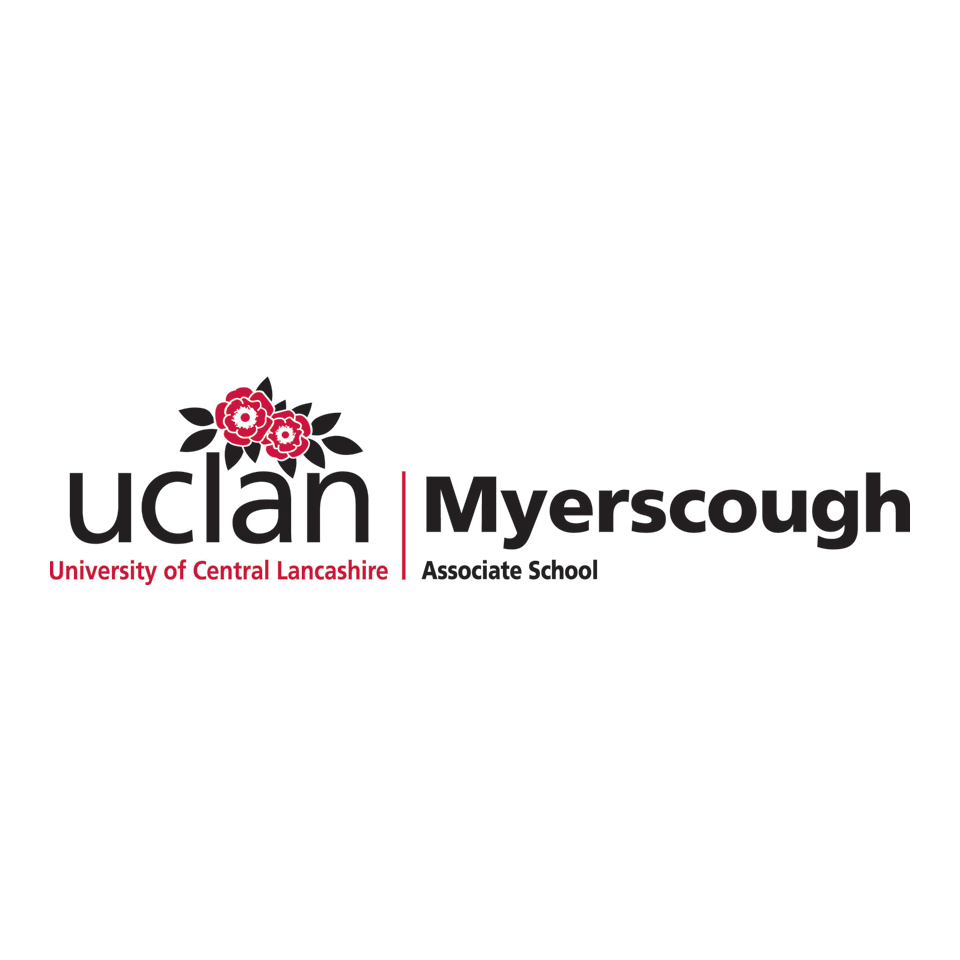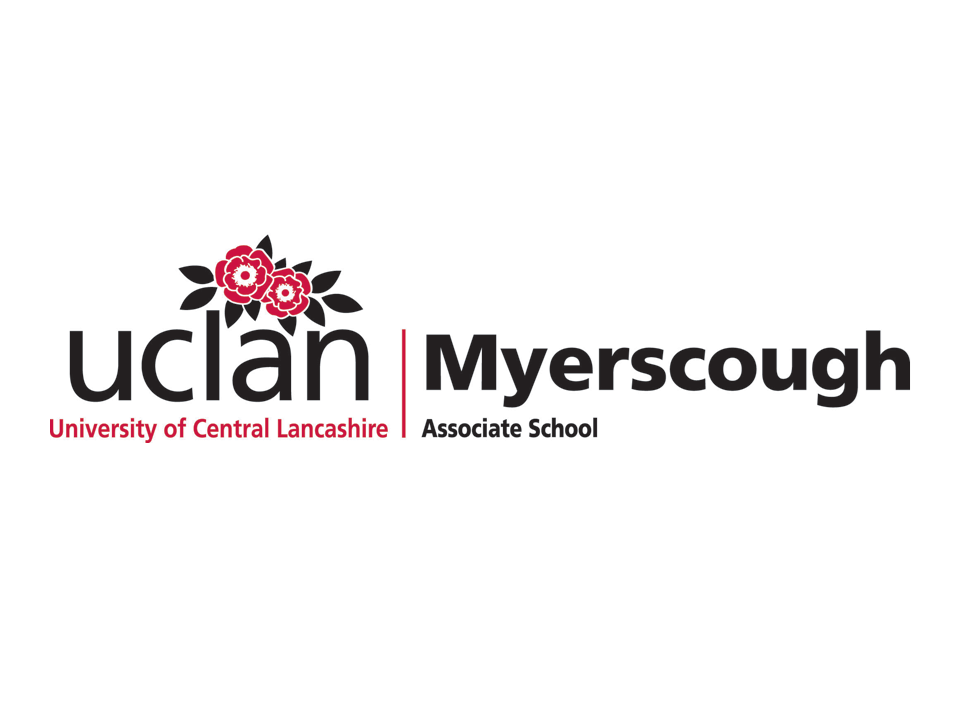Course modules
Year 1
Principles and Practices of Turfgrass Management (Double module)
This module aims to develop underpinning knowledge and skills necessary to establish and manage sportsturf playing surfaces. You will learn about the fundamental practices for the management of natural turf surfaces and the equipment and machinery used for these. Topics include mowing, irrigation, fertiliser application , topdressing, and aeration. The underlying science of these and other operations is discussed together with their practical application. Establishment of turf surfaces from seed and vegetative means is also covered.
Essential Plant and Soil Science
Plants and soils have a remarkably close relationship. This module will look at the biochemistry and physiology of plants and how these are affected by the plant’s environment. You will consider the characteristics of the soil environment and how these impact on plant growth and land use. The mechanisms by which plants can express the genetic information coded in their DNA and pass this on to the next generation will also be explained.
Turfgrass Growth & Development
This module aims to equip students with the fundamental skills and knowledge to understand the anatomical and physiological factors involved in the growth and development of turfgrasses in the sportsturf environment. The characteristics and features of both cool and warm season grasses are evaluated. Grass plant morphology and physiology are discussed and effects of the environment and also management practices on the grass plant reviewed.
Academic and Professional Skills
This module develops the students’ key academic, professional, and transferable skills in order to help the transition from further to higher education; from more dependent to more independent modes of learning.
Performance Management of Sportsturf Surfaces
The use of performance measures is now standard practice in the sportsturf industry. Their use can inform management decision making for quality surfaces. This module will equip you with a clear understanding of the methodology and process of performance quality testing for a range of sports turf surfaces. You will learn about the various testing equipment , protocols, and standards for a range of sportsturf surfaces.
Year 2
Sportsturf Surface Construction & Drainage Systems
Successful sportsturf installations will have purpose designed constructions and bespoke drainage systems. Different construction and drainage systems, their related benefits and disadvantages and the management of sports surface drainage will be discussed here. You will explore the design between concepts the range of sportsturf and golf construction and drainage systems currently available.
Integrated Pest Management
Natural grass surfaces used for sports and other recreations are subject to the ingress of various pests, diseases and weeds which can significantly impact on the quality of the surface sometimes adversely affecting play. It is necessary to have the appropriate diagnostic skills, knowledge and understanding of these pests, diseases, and weeds for their management. An integrated approach being mindful of the environmental impact of any control measures is essential.
Environmental Management & Sustainability
Today sportsturf managers must recognise the need for sustainable management practices and environmental stewardship. This module aims to explore the relationship between a golf course or other sports facility and the environment in which it exists and the sustainable management of landscapes and material inputs. Topics covered will include ecology and habitat management, sustainability, and responsible resource management.
Environmental Plant Physiology
To introduce you to the dynamic process of plant growth, metabolism, and reproduction, and to encourage an independent approach to learning. Specific objectives are to use practical sessions to ensure competence in conducting experimental work, in recording results, and in writing reports in scientific format, to ensure that you can use IT packages to analyse data; to expose you to original scientific literature.
Industry Project
You will use the skills developed in earlier modules to identify a suitable industry related project. Through planning, executing and then reporting on the project outcomes, you will be encouraged to use the industry project to develop your own personal skills as well as professional working relationships with industry contacts. Theories and skills of project management will be developed through supporting lectures.
Research Methods
Experimental design and data analysis are core themes in this module. It will introduce concepts of statistical testing and further develop skills in presenting and interpreting results of scientific investigations. The module will give students vital skills in formulating research questions and designing an effective experiment.
Year 3
Rootzone Technology
This module examines the development and use of artificially constructed rootzones for the production of quality surfaces for a variety of sports. An evaluation is made of a range of rootzone formulations for various uses, their constituents, their physical and chemical properties, and the influence on these from a variety of management systems and environmental conditions.
Biotechnology for Plant Improvement
This module will review recent advances in plant breeding, including plant tissue culture and molecular techniques, with an emphasis on specialist industry applications. Students will also develop their skills in conducting laboratory analysis, using original scientific literature, communicating scientifically, and learning independently.
Greenspace Professional Practice
It is particularly important for professionals to have an appreciation of ethical and sustainable business operation concepts and be able to apply them. In this module students will build upon the principals of strategic planning and corporate social responsibilities to address business auditing tasks, such as re-branding and re-modelling, incorporating company policies; planning; project management; communication and negotiation with clients. They will also critically analyse a range of contemporary issues within horticulture and associated green industries.
Research Project (Double module)
Students will be given the opportunity to design and carryout a piece of investigative research into a topic that interests them. This will allow them to demonstrate the skills that they have developed throughout the course including the abilities to design an original investigation, to work independently, and to produce a coherent and critical report.
Sports Facility Design & Development
This module aims to develop the student’s ability to conduct a site survey, appraise site conditions using physical and other analytical methods in order to produce appropriate designs for either a golf course or a multi-sports sports ground which meets the needs of the client and site.
Additional information
Learning and assessment
Learning Environment:
Learning activities on the course are diverse, including lectures, seminars, tutorials, practical sessions, and workshops.
Students are expected to undertake extensive independent study and research to support lectures, seminars, and assessments. Group work and group presentations form an important part of the course. Students will have access to specialist IT hardware and software, an on-line learning environment and reference facility.
Assessment:
Students will face a variety of assessments including a combination of coursework and unseen examinations. The coursework assessment methods will include technical reports, portfolios, group and individual presentations, laboratory/practical reports, and extended project work. The students may be required to produce work in a range of formats, such as the production of leaflets or research posters.
Additional Information
The department has a close working relationship with a large number of industry bodies, golf, and sports clubs. Teaching is supported with a range of guest speakers, visits to top class sporting venues and trade shows additionally we are supported by Baroness Mowers and Kubota UK.
For those employed in golf greenkeeping there will be the opportunity to apply to become an R&A scholar and receive a bursary and support from The R&A.
The course uses the College sports facilities: 9-hole golf course, winter games pitches, warm up areas, and full size third generation artificial football pitch for teaching, practical activities, and scenario-based exercises.
The College has research active subject specialist staff and there is an opportunity to be involved in current industry research projects during the course.
What work experience can I get?
There is the option to intercalate and take a gap year to work in the industry anywhere in the world. This enables students to gain experience in a real working environment as well as increasing employment prospects. Virtually all our students undertake periods of seasonal industry experience each summer at a range of prestigious golf clubs and sports grounds, e.g.: St Andrews, Wimbledon AELTC, Queenwood Golf Course, The Belfry. The College staff help to facilitate such periods of employment where possible.
Progression
On successful completion of the BSc (Hons) Sportsturf Science and Management, students may apply to the MSc Sustainable Sportsturf Management course at Myerscough, or other post-graduate courses.
Careers
The course aims to provide a programme of turfgrass science education which will enable degree holders to analyse key academic themes in the subject area and critically evaluate the wide range of management issues within different sectors of the industry, which will therefore prepare them for a successful career in the UK or overseas. The course is designed with the intention that its graduates will be able to function effectively at a managerial level within the Sportsturf industry. Modular content emphasises the importance of career development and planning throughout.
Examples of possible careers include:
- Sportsturf Agronomist/Consultant
- Head Groundsman
- Head Greenkeeper
- Golf Course Manager
- Local Authority Grounds Manager
- Lecturer/Researcher
- Industry Sales & Marketing Professional
Special requirements
Extra Costs:
Additional costs for items that are essential for the course:
- £20 – Lab coat
Additional costs for opportunities and items that are optional for the course include:
- £100 - Camera
- £100 - Waterproofs and safety boots
Latest news, Sportsturf
-
Myerscough named among top turf influencers in the UK
- Published
- Tuesday 17 December
-
Hard work is par for the course for Myerscough’s first ever ‘Apprentice of the Month’
- Published
- Tuesday 10 December
-
New alumni network marks quarter of a century of sportsturf apprenticeships at Myerscough
- Published
- Monday 21 October
-
Myerscough apprentice recognised in BIGGA Student Greenkeeper of the Year
- Published
- Wednesday 11 September
-
Triple nomination for Myerscough learners at national greenkeeper of year awards
- Published
- Monday 24 June


